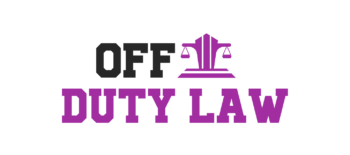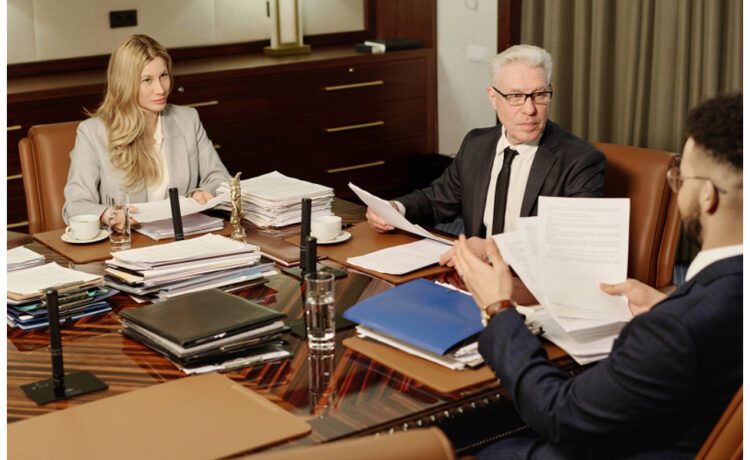Timing and preparedness are critical when facing criminal allegations. Many law firms offer a free criminal law consultation to help potential clients understand their options and determine the next legal steps. However, the effectiveness of this meeting heavily depends on how well-prepared you are.
Learn what you should do to make the most out of this initial session with a criminal lawyer.
Gather All Relevant Documents
Bring every document related to your case, no matter how minor it may seem. This documentation includes police reports, court summons, bail documents, charge sheets, restraining orders, and any written communication with law enforcement. These papers provide the criminal lawyer service with the factual basis to understand your case. The consultation may be based on vague descriptions rather than clear legal grounds without these records. Jot down notes, including dates, names of officers, or witnesses, and locations involved, if you received anything verbally. The lawyer will need these details to assess the severity of the matter and possible defences.
Write a Chronological Timeline of Events
Prepare a factual, detailed account of what happened. Structure this in chronological order. Include dates, times, and locations of key incidents. Note the gaps in your memory or uncertainties explicitly rather than making assumptions. This approach will help the criminal lawyer quickly understand the context and spot any inconsistencies or legal issues that may arise later. A clear timeline can also reveal potential witnesses or video footage that may support your version of events. Bringing this with you saves time during the meeting and allows the lawyer to ask more targeted questions.
Know What to Ask the Lawyer
The free criminal law consultation is not just for the lawyer to learn about your case; it’s also your opportunity to assess if the lawyer is suitable for your needs. Prepare a list of questions such as:
- What is your experience with cases similar to mine?
- What are the possible outcomes of this case?
- How do you typically charge for your services after the consultation?
- What immediate actions should I take or avoid?
- Will you be handling my case personally or assigning it to someone else?
You evaluate the criminal lawyer service on both expertise and compatibility by asking the right questions. You also avoid vague advice that may not apply to your situation.
ALSO READ: Understanding the Bail Process in Singapore’s Criminal Justice System
Disclose Honestly, Even If It’s Incriminating
Holding back facts because they seem embarrassing or self-incriminating can hurt your case. The consultation is confidential. A qualified criminal lawyer needs full disclosure to provide an accurate assessment. They’re not there to judge; they’re there to strategise. Whether it involves a past conviction, substance use, or unflattering behaviour, these details may affect how the case proceeds or whether certain defences can be used. A good criminal lawyer service expects full transparency from the start to avoid surprises during litigation.
Clarify Your Objectives and Concerns
Be clear about what you want to achieve. Are you seeking a dismissal, reduced charges, or a plea deal? Do you have professional licences or immigration concerns that could be affected by a conviction? These elements shape the legal strategy. Once you’re under time pressure, such as an upcoming hearing, mention that as well. The clearer you are about your priorities, the more focused and practical the legal advice will be.
Understand the Limits of the Free Consultation
It’s necessary to note that a free criminal law consultation is not a full legal service. The lawyer will provide a general assessment, not an in-depth strategy or representation. They may advise further investigation or refer you to specialists if the case is complex. Be realistic in your expectations. The purpose is to decide whether to engage the criminal lawyer service and to understand the possible risks, timelines, and next steps.
Conclusion
Preparing for a free criminal law consultation is more than just showing up. It involves organising documents, providing a clear account, asking relevant questions, and being honest about your situation. This approach allows the criminal lawyer to offer meaningful guidance and gives you a strong foundation for any legal actions that may follow. The consultation can be a practical step forward rather than a vague exchange of information with the right preparation.
Contact Low Law Corporation to schedule your criminal law consultation now.










